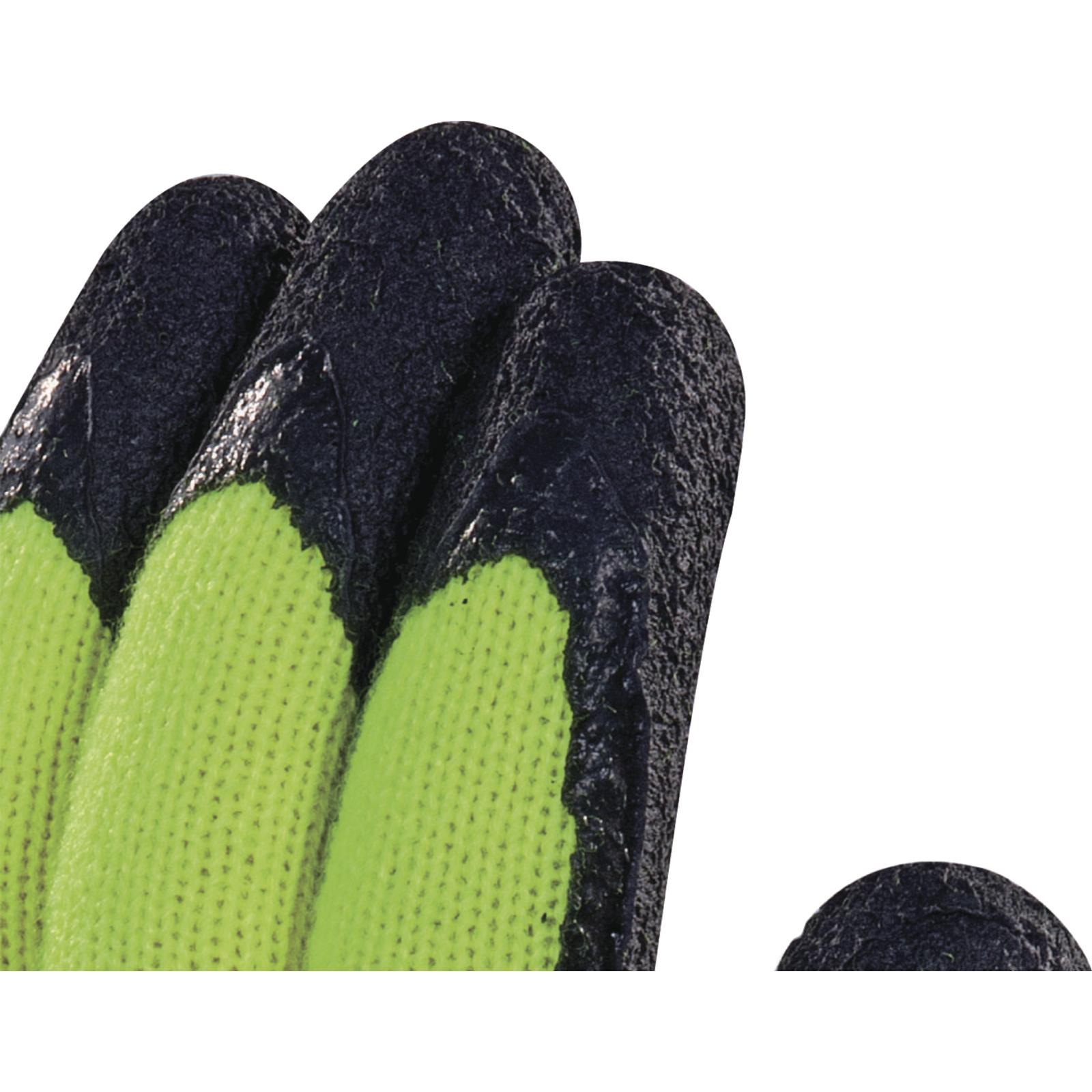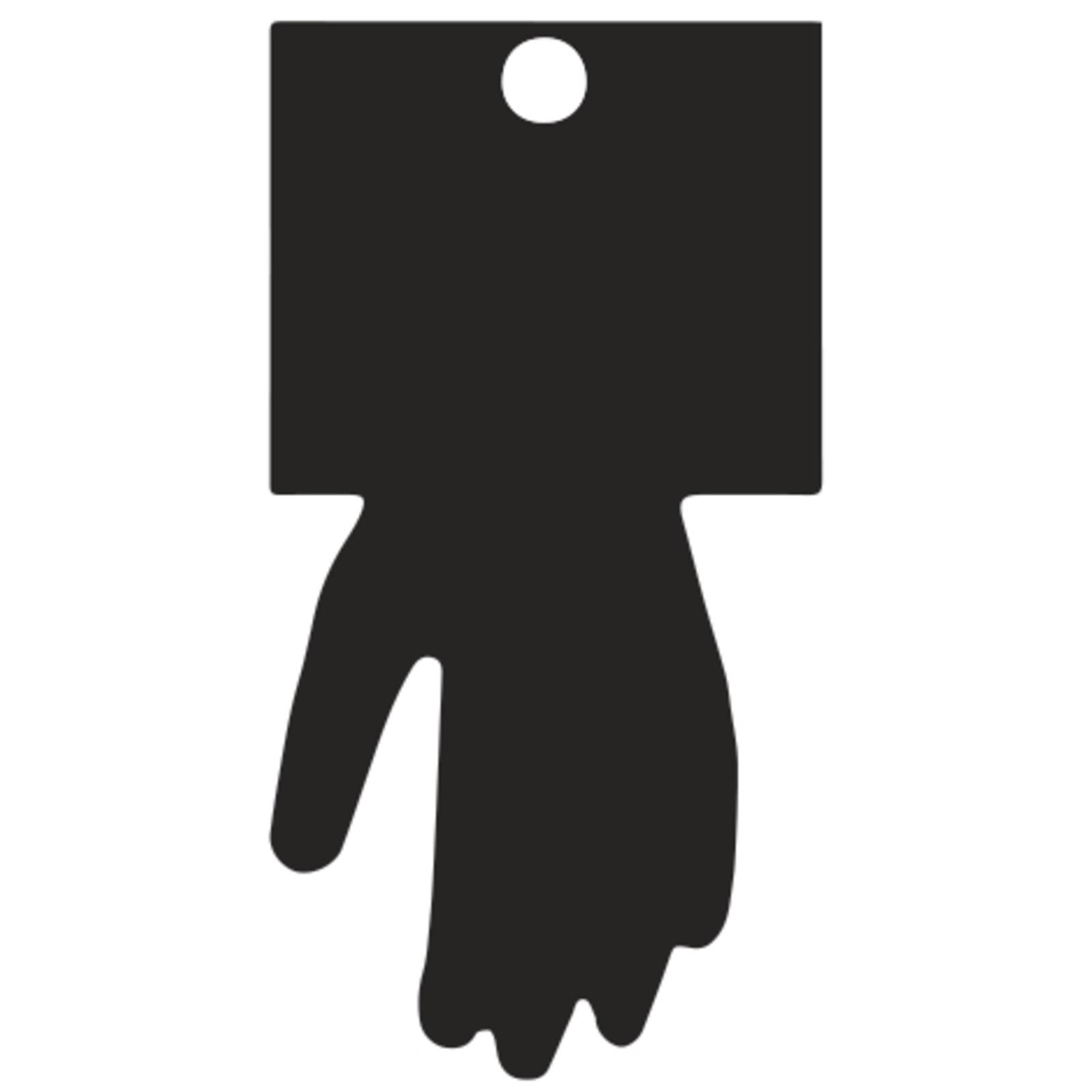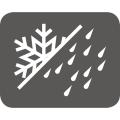The product complies with the European Directive 89/686, notably regarding ergonomics, innocuousness, comfort and with standards :
KNITTED ACRYLIC GLOVE – FOAM LATEX COATED PALM
APOLLON WINTER VV735
100% acrylic. Foam latex coating on palm and fingertips. Gauge 10.
Glove : acrylic.
Coating : latex foam
15/02/16

Foam latex coating:
• Resistance to abrasion, small cuts and perforation
• Flexibility
• Elasticity
• Breathability

Scratch acrylic support:
• Cold protection
• Excellent comfort, keeps hands warm in cold conditions

Available only with header card
DPVV735OR
| Reference |
pcb |
Colour |
Size |
| VV735GR09 |
60 |
Grey-Black |
09 |
| VV735GR10 |
60 |
Grey-Black |
10 |
| VV735JA09 |
60 |
Fluorescent yellow-Black |
09 |
| VV735JA10 |
60 |
Fluorescent yellow-Black |
10 |
EN420:2003+A1:2009 General requirements - 5 Dexterity (from 1 to 5)
• Conform to harmlessness (pH, chrome VI levels, etc…).
• Conform to the size charts (see chart on below).
• Pass the dexterity test.
• Conform to the labelling, information and identification instructions.
EN388:2003 Protective gloves against mechanical Risks (Levels obtained on the palm) - 1 Resistance to abrasion (from 1 to 4)
- 2 Resistance to cutting (from 1 to 5)
- 3 Resistance to tear (from 1 to 4)
- 2 Resistance to puncture (1 to 4)
The EN388 standard applies to all types of protective gloves with respect to physical and mechanical aggression from abrasion, cutting from slicing, perforation and tearing.
ABRASION RESISTANCE (1 à 4): Number of cycles required to damage the sample at constant speed.
RESISTANCE TO CUTTING WITH A BLADE (1 à 5): Number of cycles required to cut the sample at constant speed.
RESISTANCE TO TEARING (1 à 4): Maximum force required to tear the sample.
RESISTANCE TO PERFORATION (1 à 4): Force required to pierce the sample with a standardized punch.
EN511:2006 Protective gloves against cold (X = Unrealized test) - 0 Resistance to convective cold (from 1 to 4)
- 1 Resistance to contact cold (from 1 to 4)
- X Waterproof (0 or 1)
The EN511 standard defines the requirements and test methods for cold protection gloves from cold transmitted by convection or conduction down to -30°C.
This cold can be from climatic conditions or industrial activity.
– Resistance to convective cold: 1 to 4.
– Resistance to contact cold: 1 to 4.
– Impermeability to water: 1 to 1.













